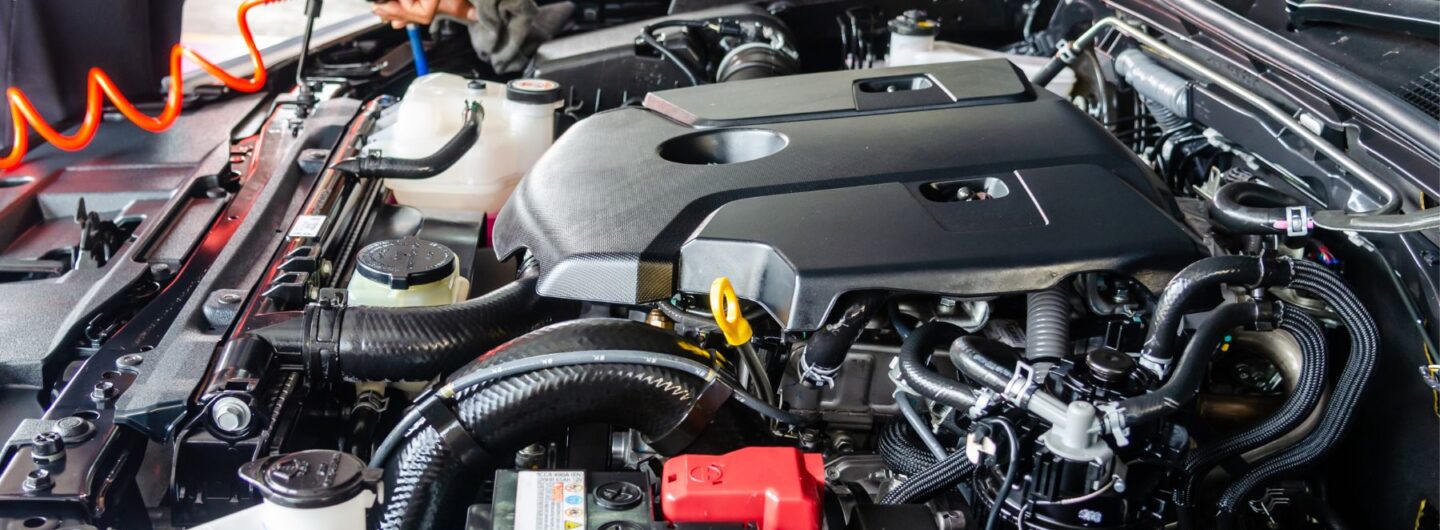SPECIAL NOTE: All Automotive classes are offered at the Southeastern Community College campus in West Burlington. The student will have to provide their own transportation to and from the campus.
Welcome to the High School Automotive Technology Pathway, an exciting program designed for students passionate about the automotive industry. This pathway, offered in collaboration with Southeastern Community College (SCC), provides hands-on experience and foundational knowledge in automotive technology. Through a series of comprehensive courses, students will gain practical skills and insights into various aspects of automotive maintenance and repair, setting the stage for future careers in the field.
Automotive Pathway at a Glance
Automotive Courses
Introduction to Automotive Technolgy, Fundamentals of Auto Servicing, AC/DC Fundamentals, Manual Drivetrains, Hybrid Fundamentals, Fundamentals of Collision Repair, Fundamentals of Collision Repair and Refinishing
Check out the Program of Studies for a complete list of course offerings and descriptions.
National Workforce Statistics for Auto Service Technicians & Mechanics
| 2023 U.S. median pay | $47,770 per year or $22.96 per hour |
| No. of jobs in 2022 | 389,000 |
| Projected no. needed annually | 67,700 |
Southeast Iowa Workforce Statistics
| Average wage | $21.58 per hour |
| Openings | 90 per year |
Our program covers a range of topics from basic automotive servicing to advanced hybrid vehicle technology, ensuring students are well-prepared for the evolving automotive landscape. Whether you’re interested in learning about manual drivetrains or the fundamentals of collision repair, our pathway offers diverse opportunities to explore and develop your technical abilities. Below, you’ll find detailed information about each course in our pathway, including prerequisites and key areas of focus.
Automotive Technology Pathway Course Descriptions
Intro to Automotive Technology (SCC Credit)
This introductory course provides a broad overview of the automotive field, including safety protocols, ASE certification, employment potential, customer service, and the parts and service industry. It serves as the foundation for further studies in automotive technology, equipping students with essential knowledge and skills.
Fundamentals of Auto Servicing (SCC Credit)
Building on the introductory course, this class focuses on basic scheduled maintenance and the proper use of hand and power tools. Students will learn precision measuring techniques and gain hands-on experience with essential automotive servicing tasks. A grade of C- or above in Intro to Automotive Technology is required to enroll.
AC/DC Fundamentals (SCC Credit)
This course introduces students to the components used in electronic circuits, focusing on AC and DC electrical systems. Students will learn how to measure, test, and troubleshoot these systems, gaining a solid foundation in electrical principles crucial for automotive applications.
Manual Drivetrains (SCC Credit)
In this course, students will explore the components and functions of manual drivetrains. The curriculum covers the operation, installation, and troubleshooting of these systems, providing a thorough understanding of manual transmission technology.
Hybrid Fundamentals (SCC Credit)
As hybrid vehicles become increasingly prevalent, this course offers essential knowledge on hybrid technology. Students will learn about the history and benefits of hybrid vehicles, safety precautions, maintenance procedures, and the specifics of hybrid components.
Fundamentals of Collision Repair (SCC Credit)
This introductory course teaches students about safety hazards, vehicle lifting techniques, and hazardous material handling in collision repair. Students will learn to inspect, remove, and store vehicle components, analyze damage reports, and develop repair plans, preparing them for careers in auto body repair.
Fundamentals of Collision Repair and Refinishing (SCC Credit)
Similar to the Fundamentals of Collision Repair course, this class emphasizes safe practices and environmental considerations in automotive refinishing. Students will gain hands-on experience in repairing and refinishing vehicles, enhancing their skills in both collision repair and finishing techniques.

